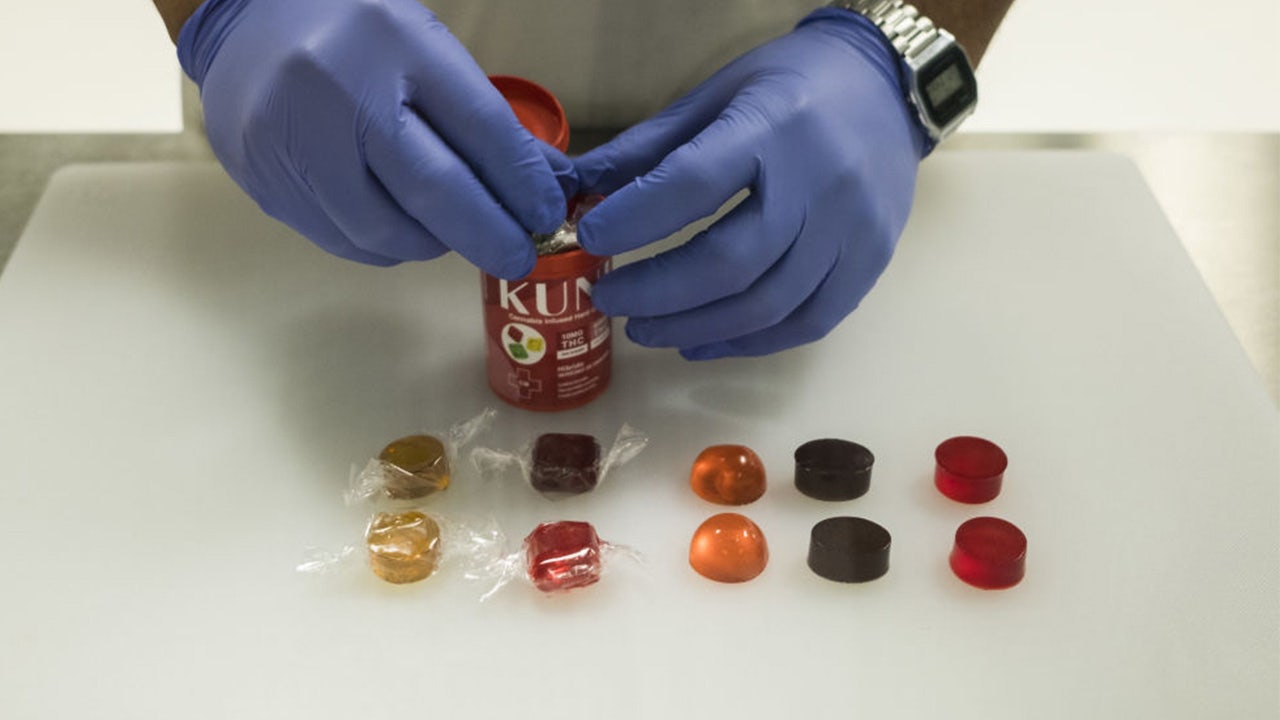AUSTIN, Texas – Texas lawmakers are on the brink of approving an expansion to the state’s marijuana compassionate use program, providing access for more Texans and expanding what types of products are approved.
The Texas Senate on Tuesday approved House Bill 46, which would extend the state’s compassionate use program to include people in hospice and those with chronic pain as defined by the Texas Medical Board.
In the Senate, Sen. Charles Perry said most of the people who would get approved for chronic pain were likely already prescribed opiates for that pain and that the expansion would help prevent people from becoming addicted and possibly overdosing.
In a later clarification, Perry said a person with chronic pain didn’t need to have taken the narcotics in order to be approved for their chronic pain.
Changes to Texas compassionate use program
In addition to expanding the cases where usage is approved, the bill will expand the number of distribution licenses from three to twelve and allow those distributors to establish satellite locations to help with delivery.
Supporters say the expansion of the program with more licenses and the ability to store product at satellite locations will help drive costs down.
What they’re saying:
“The new distribution centers under those satellites, because currently a large part of the cost of delivery of the medical cannabis was the actual distribution point, this will alleviate a lot of the cost, because they’ll be able to store it in those locations and be able to distribute,” Perry said. “That’s a large part of the cost of this product is just getting it to the persons that are needed.”
Another big change comes in how THC can be delivered. The bill would approve the distribution of aerosol and vapor products, like vape pens.
The move marks a change in current law which only allows for products that can be swallowed.
“At the end of the day, what we’re just trying to do is help people live without pain,” Sen. José Ménendez said. “And every pain specialist to say the best thing to treat nerve pain, neuropathy, neuropathic pain is cannabis, THC.”
Combined with the passage of Senate Bill 3, banning all cannabinoids in consumable hemp products except CBD and CBG, Lt. Gov. Dan Patrick said the state was building one of the largest compassionate use programs and eliminating “bad actors.”
“What we’ve done members, this session, and maybe we didn’t see it when we came in, but we are eradicating bad actors who are poisoning our community, children and adults, and making a massive profit off the backs of people in pain and people who have gotten hooked on THC and some very terrible outcomes,” Patrick said. “And we’ve wiped them out.”
What’s next:
The bill heads back to the House where the Senate changes must be approved before the bill can go to Gov. Greg Abbott’s desk.
Texas Compassionate Use Program
Texas originally passed a bill in 2015 to allow doctors to prescribe low-THC marijuana for people with epilepsy.
Over the years, the state legislature has added more qualifying conditions to the program.
Here is a list of the qualifying conditions currently under Texas’ Compassionate-Use Program:
EpilepsySeizure disorderMultiple sclerosisSpasticityAmyotrophic lateral sclerosis (ALS)AutismCancerIncurable neurodegenerative diseasePost-traumatic stress disorderA medical condition that is approved for a research program
The Source: Information on House Bill 46 comes from the Texas Legislature. Comments in the article come from the May 27, 2025, Texas Senate session. Information on Texas’ compassionate use program comes from previous FOX reporting.
Texas lawmakers are on the brink of approving an expansion to the state’s marijuana compassionate use program, providing access for more Texans and expanding what types of products are approved. Read More


